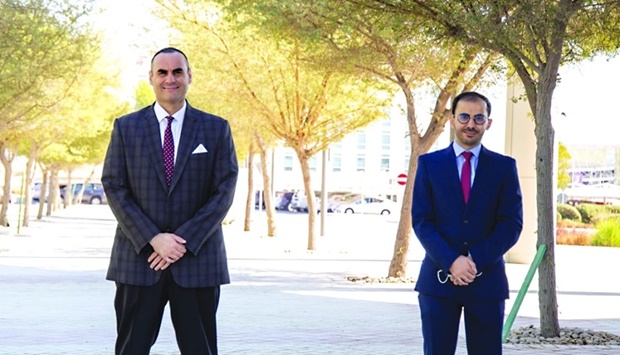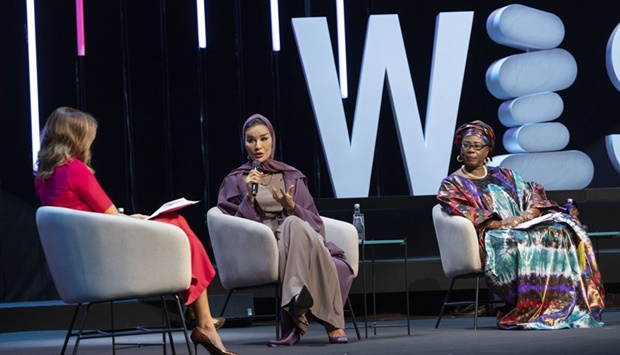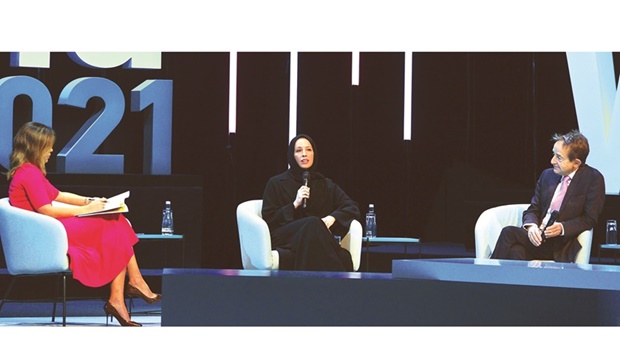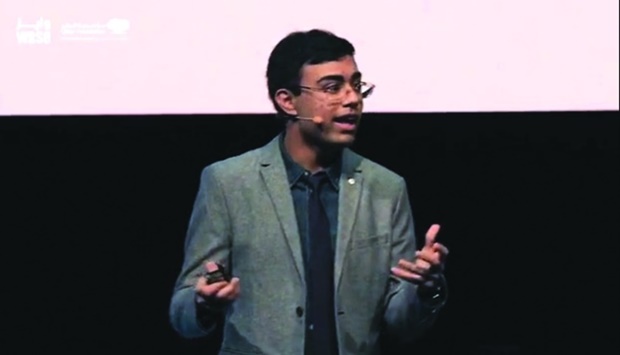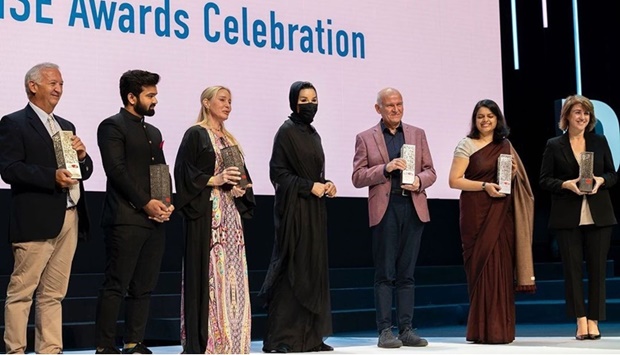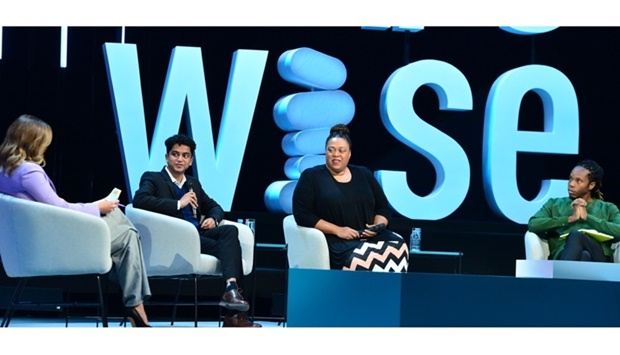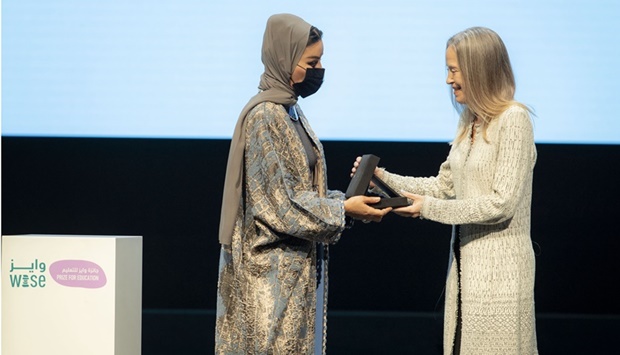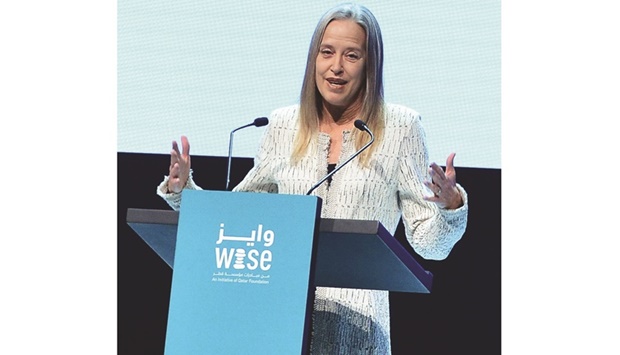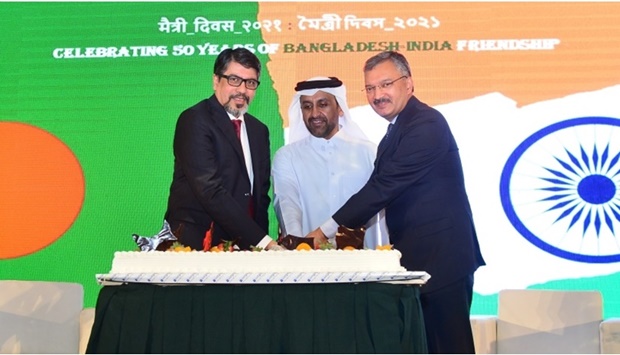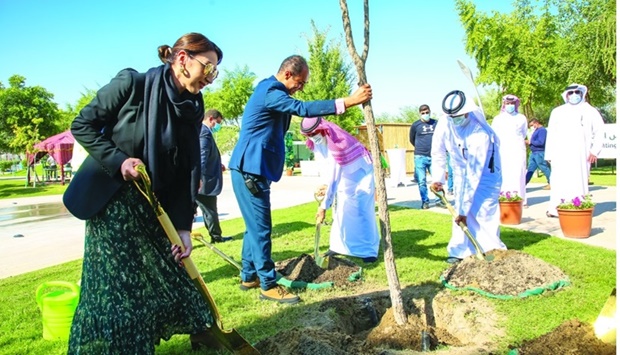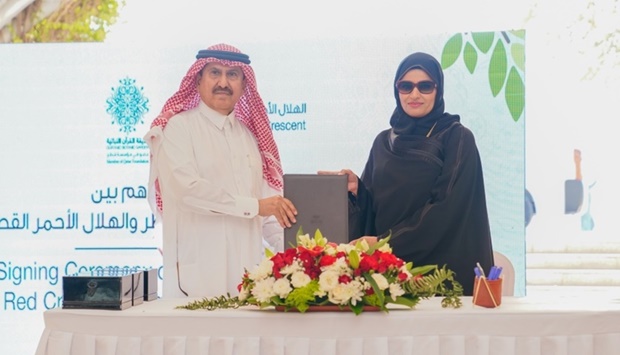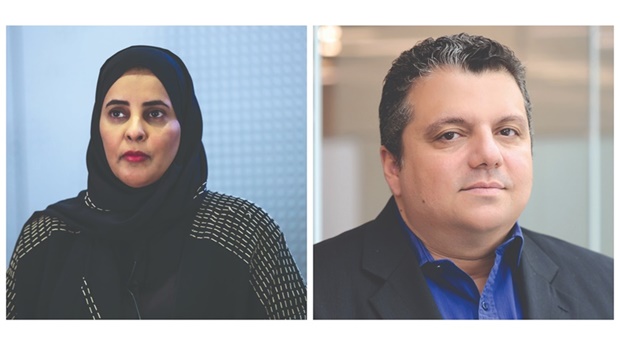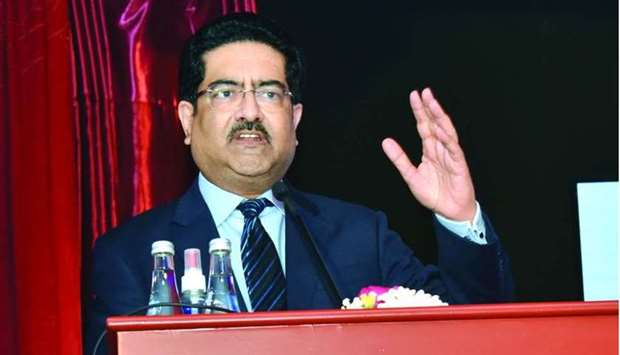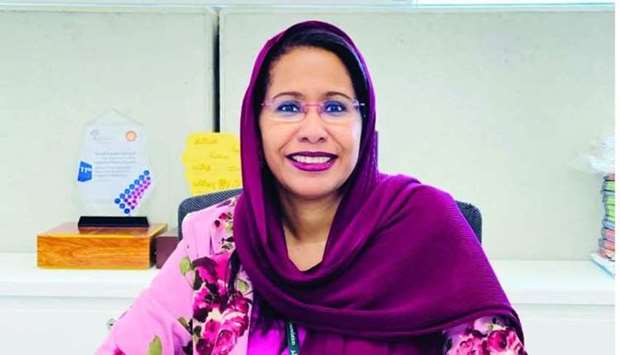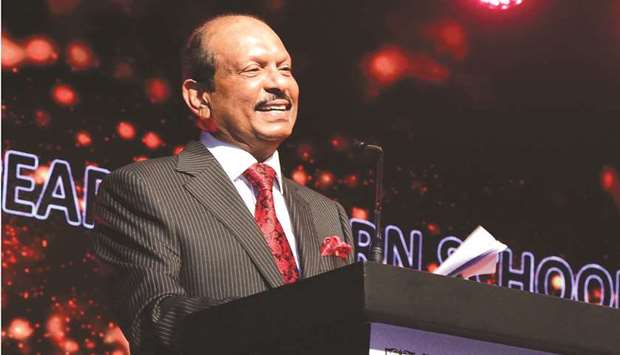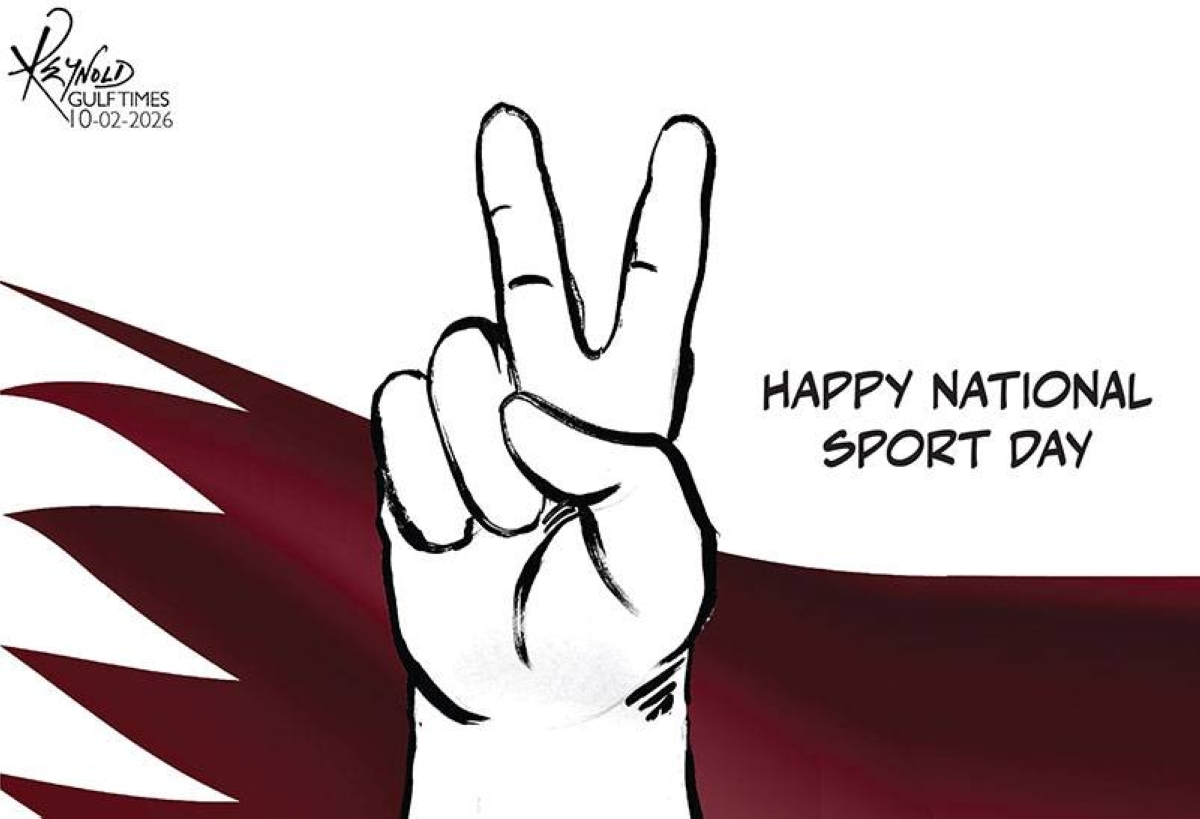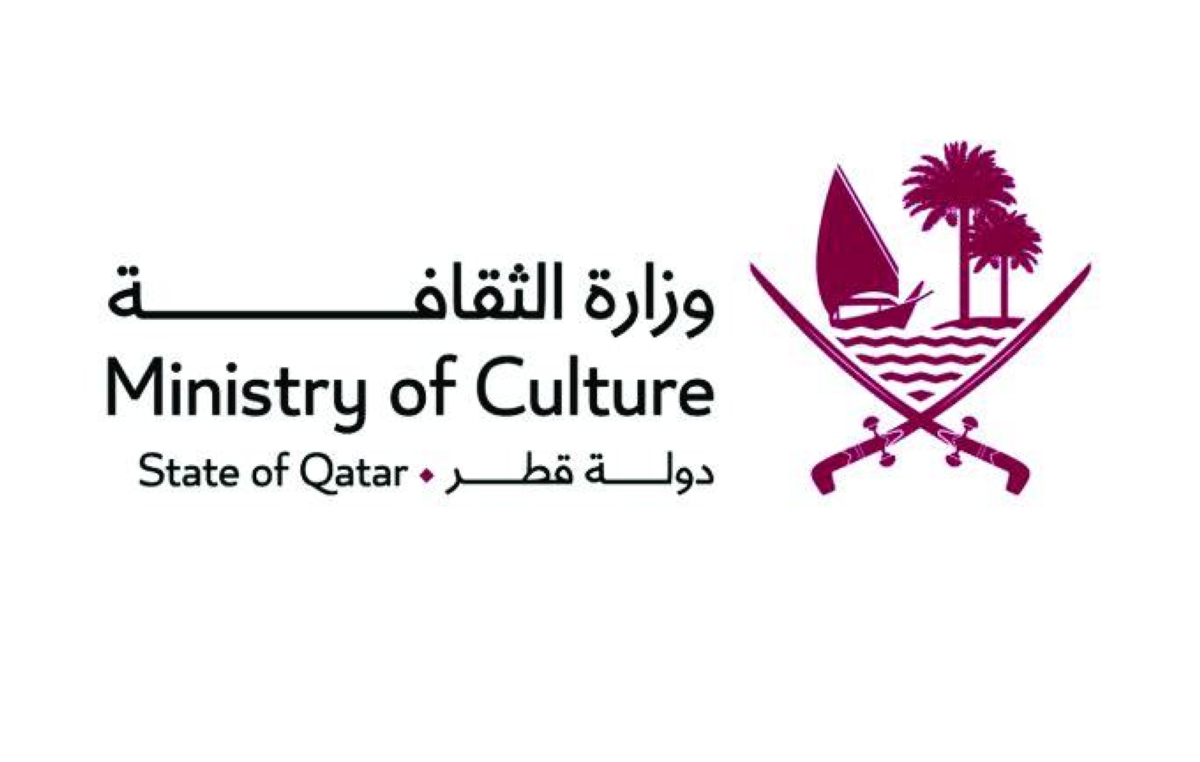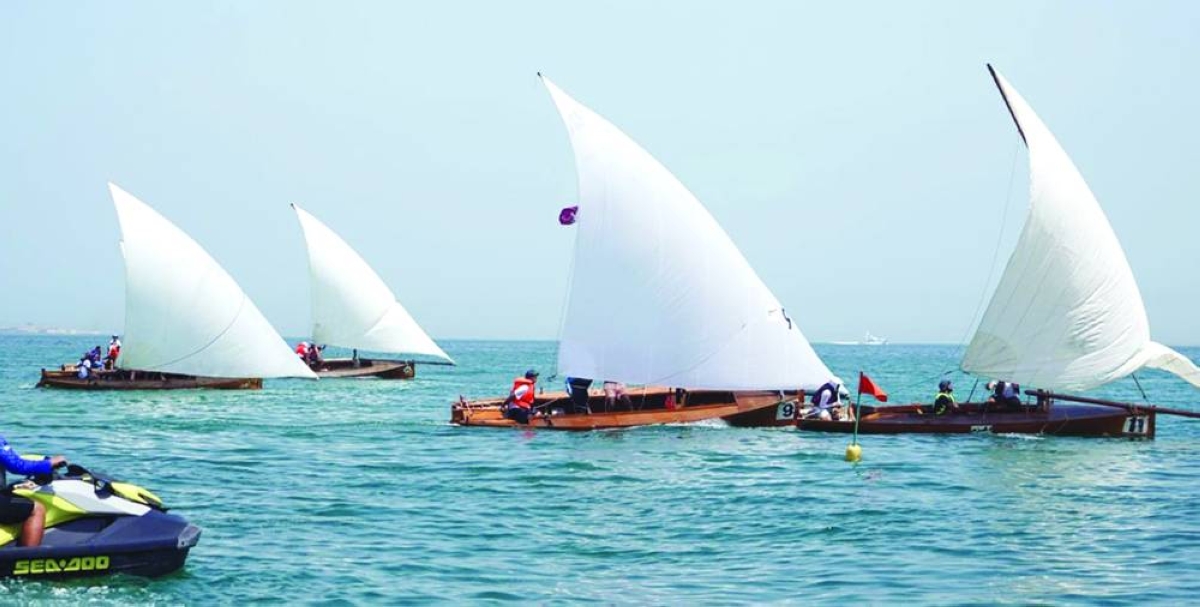A research team from the College of Science and Engineering (CSE) at Hamad Bin Khalifa University is developing a remote healthcare platform for diabetes care, a first of its kind, as digital health tools are increasingly being used in the fight against the metabolic disease that causes high blood sugar. “CSE professor Dr Marwa Qaraqe’s team is developing a remote healthcare platform for diabetes care, a first of its kind. The platform has three main pillars: to conduct remote health monitoring, to enable real-time food tracking with Continuous Glucose Monitoring (CGM) and to provide intelligent and predictive insights,” said Dr Mowafa Househ, associate professor at CSE. “The tool is both a mobile and web-based application that allows users to view their CGM data remotely and in real-time. It can be accessed by essential people such as caregivers, parents of children with diabetes, school nurses, and medical professionals, and it receives better analytical insight by correlating the user’s CGM data with their diet,” explained Dr Househ. According to Dr Househ, remote monitoring continues to be essential for many reasons, including decreasing the levels of social discomfort for young diabetic children at school, who must be periodically taken out of class to check their blood-glucose levels. “It also provides a way for caregivers and parents to monitor the blood-glucose of their loved ones even when they are not around, and intervene when blood-glucose levels begin to drop or rise beyond a safe limit,” he continued. Dr Househ pointed that integration of technology and mobile applications is important for the management of diabetes and accessing care. He noted: “We have moved beyond the single-use of mobile applications and into wearable technologies integrated with mobile applications - and powered by artificial intelligence - to provide immediate feedback to patients and providers. The goal of these technologies is to amplify the health value to the patients and help them make simple changes to their behaviours that can assist in managing their blood glucose levels, reduce or eliminate diabetes complications.” Dr Alaa Abd-Alrazaq, a postdoctoral research fellow at CSE feels that there are also some considerations that are specific to our part of the world such as drawing fine lines between patient and physician autonomy. “We need to advance our local studies and understand the role of these technologies on our patient populations in Qatar. We should not limit ourselves to the mere application of research that was developed within different populations and groups - mostly emanating from North America,” he pointed out. “At CSE, Dr Zubair Shah has developed Chronopeer. The tool’s objective is to provide community-based help in the form of peer-supported groups. It also enables continuous monitoring of the lifestyle behaviours of patients,” noted Dr Abd-Alrazaq. Dr Househ told that as in the case with any emerging technologies, privacy questions play a central role in their development and adoption rates in the future. “ In addition to privacy concerns, we are also confronted with questions around what type of education may be most beneficial and needed for patients. How can we educate patients on identifying the most trustworthy and effective applications to use? We need to be able to contextualise and provide information in local languages, as well as the languages that are most prominent and popular in each country,” he remarked. Other issues might be who will pay for these technologies as well as adherence to the use of the technologies and applications. “ There will be many technological advancements that will be used in the future management of diabetes. However, we need to find the right mix of technologies, culture and patient values to provide the best patient experiences, which will ultimately lead to an improved quality of life. This approach should encompass both physical and mental aspects,” added, Dr Househ.

Joseph Varghese
A journalist with a penchant for reporting events, Joseph Varghese digs deep to unearth facts. With several years of experience, including at Gulf Times, Joseph handles health, science and technology, IT and education in addition to everyday developments.
Most Read Stories

